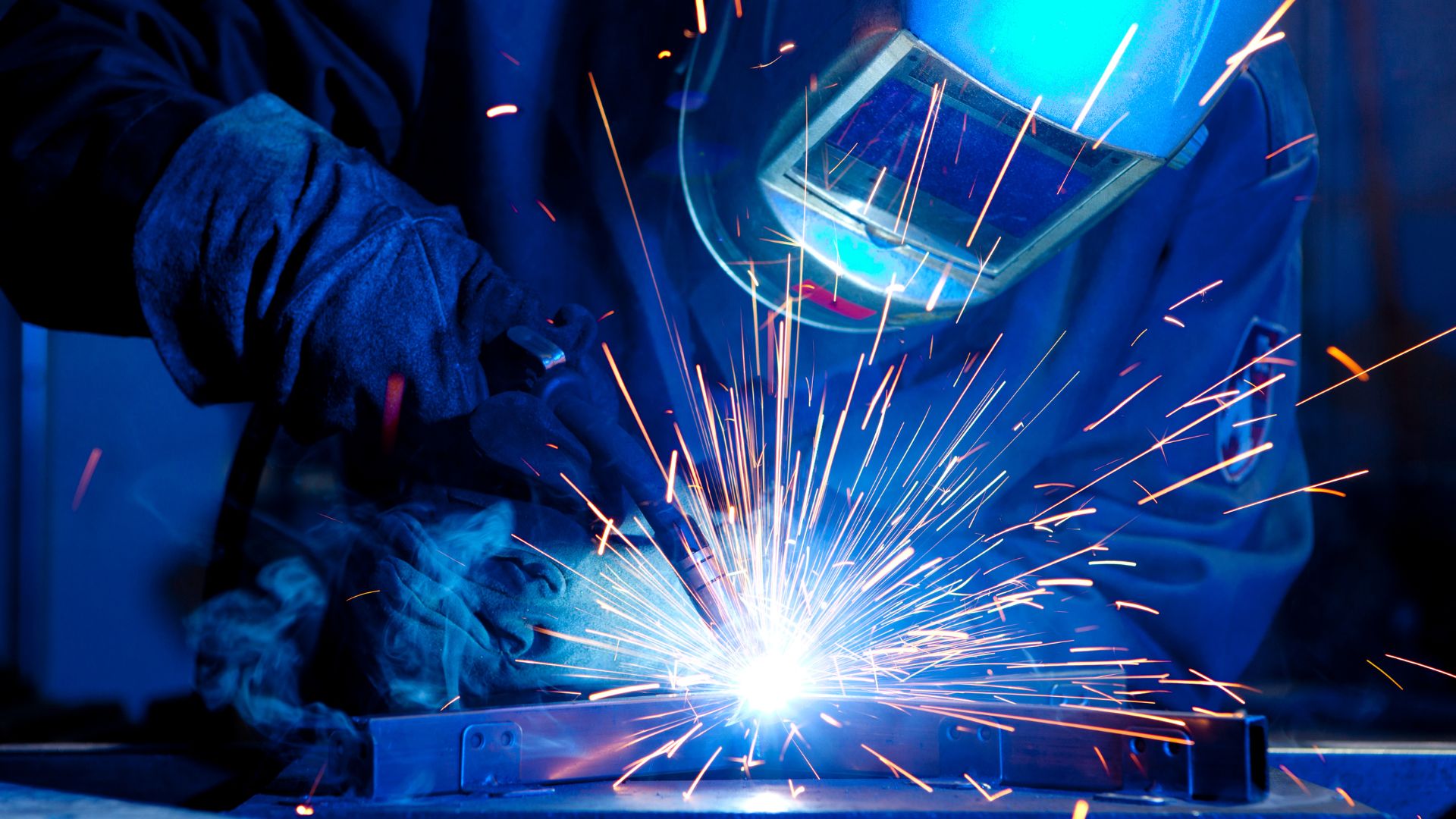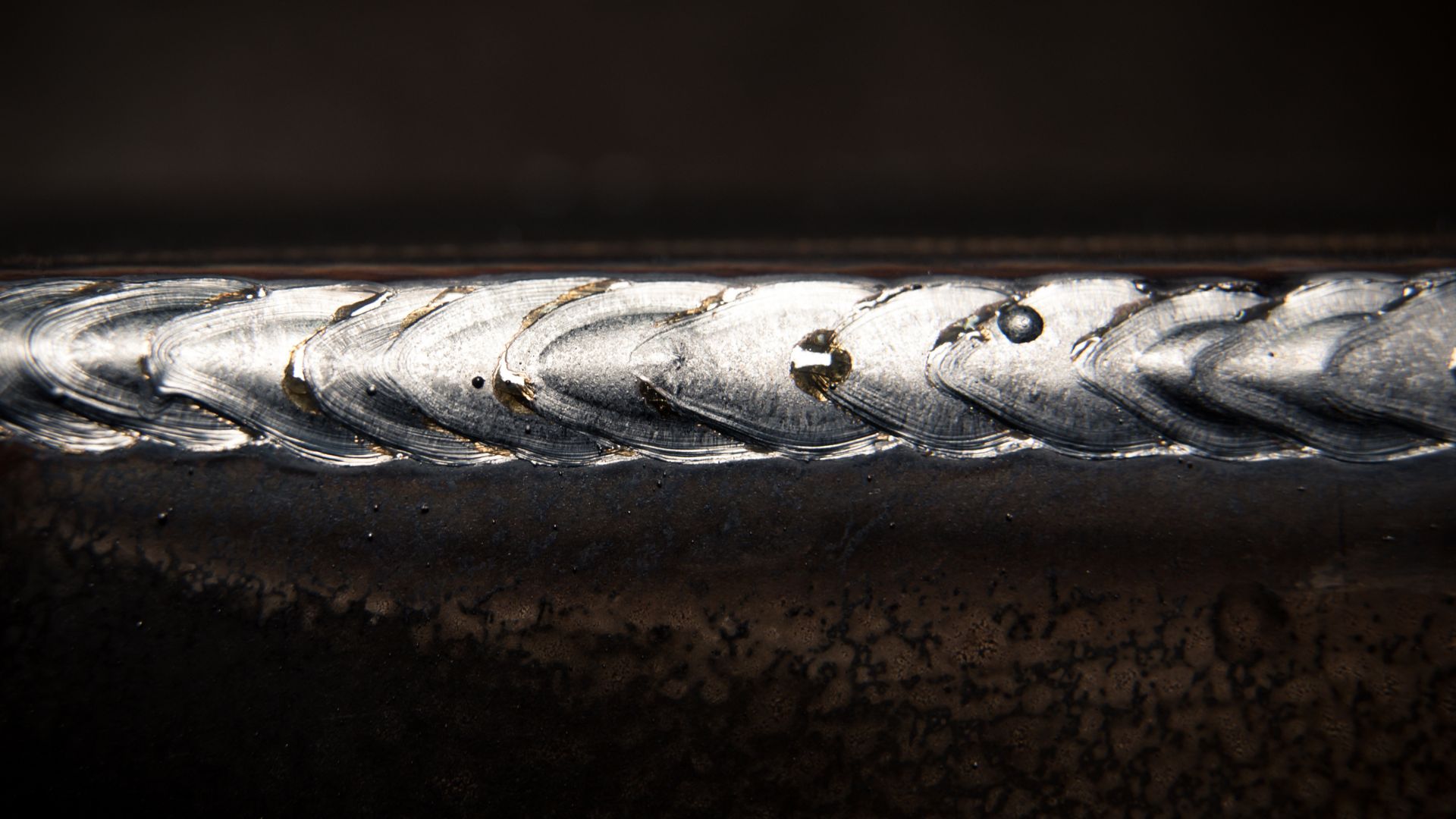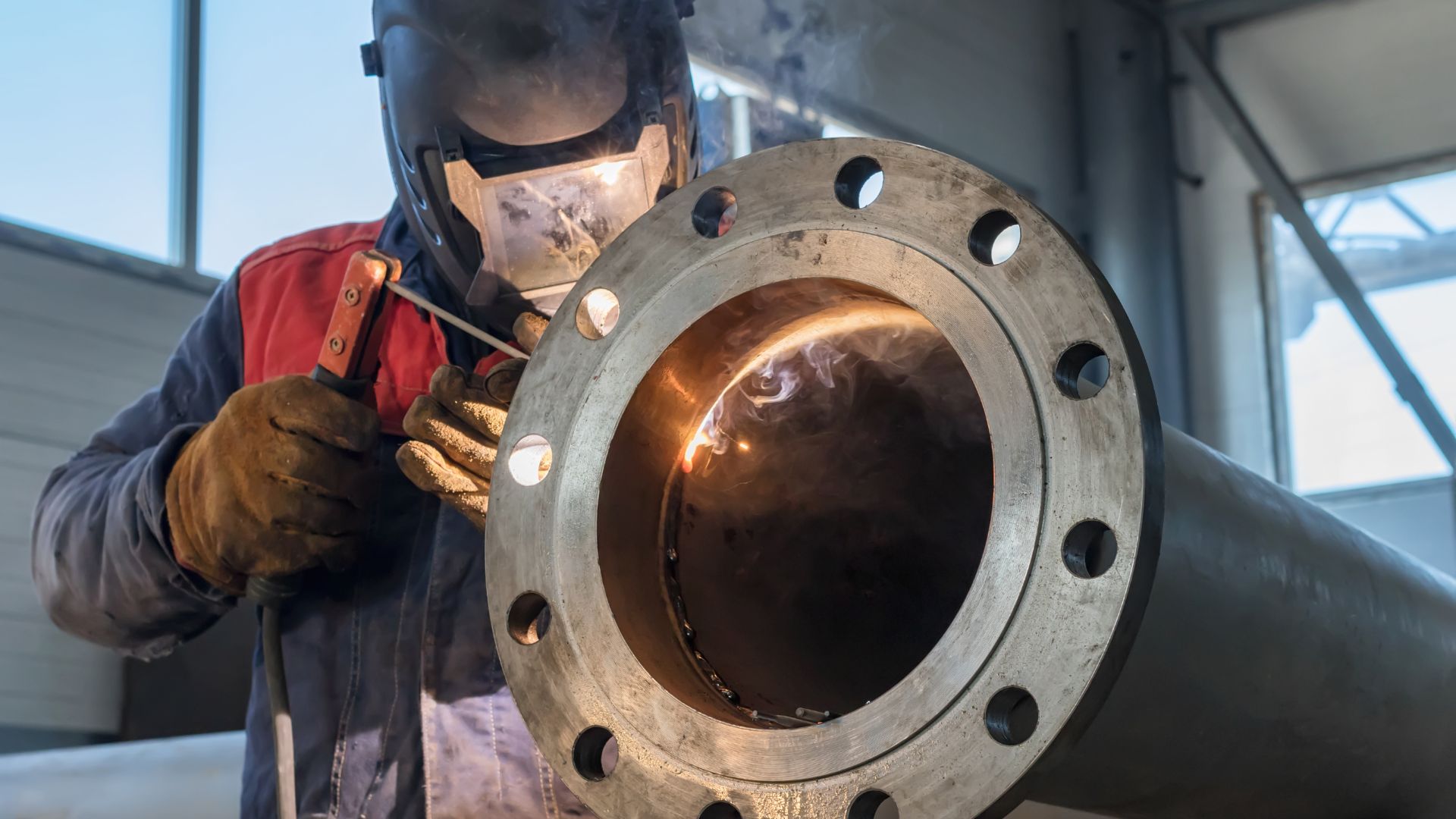Selecting the proper welding for different metals ensures structural integrity in any construction or manufacturing application. When your project demands precision and quality, it’s imperative that you select the best welding technique for the material you’re using.
As Florida’s premier supplier of structural steel and specialty alloys, Spirit Metals provides not only the high-quality materials you need but also the expertise to help you select the right metals and methods for your welding projects. Our team of experts works with professionals throughout central Florida, ensuring that your specific welding needs are met with precision and reliability.
Understanding Welding for Different Metals: The Fundamentals
Before diving into specific welding techniques, you need to understand what makes each metal unique and how these properties will affect your weld. When working with welding for different metals, you must consider factors such as thermal conductivity, melting point, expansion and contraction rates, and potential for oxidation.
Steel, aluminum, stainless steel, and alloys all respond differently to heat and joining processes, requiring specialized approaches. You will also need to account for material thickness, joint design, and the environment where the welded component will be used. Taking these factors into consideration before beginning your project will help ensure that you achieve optimal results.
MIG Welding: Versatile and Efficient
MIG (Metal Inert Gas) welding, also known as Gas Metal Arc Welding, is an extremely popular method of welding for different metals in commercial construction and manufacturing. When you use MIG welding, you benefit from its versatility across materials, including carbon steel, stainless steel, and aluminum.
You can achieve clean, strong welds at higher speeds with MIG, making it ideal for production environments where efficiency matters. MIG welding is also excellent at producing minimal splatter, and it gives you the ability to weld in various positions. The only downside is that wind can disrupt the shielding gas, making this method better suited for indoor applications.
TIG Welding: Precision for Critical Applications
When your project demands the highest precision and aesthetic quality, TIG (Tungsten Inert Gas) welding, or Gas Tungsten Arc Welding, delivers exceptional results across various metals. You’ll find TIG welding particularly valuable when working with thin materials or when the weld appearance matters. TIG welding gives you greater control over heat input, making it ideal for welding for different metals, including the specialty alloys that Spirit Metals provides to customers throughout Florida.
You can achieve cleaner, more precise welds with TIG welding, though you should be aware that the process requires more skill and generally proceeds more slowly than other methods. Many specialized manufacturing and critical infrastructure projects choose TIG welding for high-performance alloys and stainless steel products, especially when failure is not an option.
Stick Welding: Durability in Coastal Environments
Stick welding or Shielded Metal Arc Welding continues to be the go-to choice when you’re working in coastal environments or with rusty and dirty materials. Stick welding is particularly popular when working with structural steel for bridge construction, building frameworks, and heavy equipment repair.
You can rely on stick welding’s versatility across different metal thicknesses and its resilience in windy conditions that would compromise gas-shielded methods. Infrastructure projects from Jacksonville to Fort Myers rely on welding’s portability and reliability when welding structural steel products in the field.
Flux-Cored Arc Welding: Efficiency in Demanding Conditions
When your project requires the speed of MIG welding but needs to be performed outdoors, Flux-Cored Arc Welding (FCAW) offers the perfect solution for welding for different metals in variable conditions. Many welders appreciate FCAW’s higher deposition rate and deeper penetration when working with thicker structural steels. Plus, the self-shielding varieties eliminate the need for external gas protection, making MIG ideal for windy conditions on construction sites or for outdoor fabrication work.
Welding Aluminum
Aluminum’s high thermal conductivity, low melting point, and formation of tenacious oxide layers necessitate specialized techniques. When working with the premium aluminum products, you should select either TIG welding for precision work or MIG welding with specialized aluminum wire for production efficiency. You must carefully control pre-heating and cooling rates when welding for different metals to prevent warping and cracking, especially on larger structural components.
Stainless Steel Welding
When welding stainless steel, your primary concern should be maintaining corrosion resistance while achieving strong, durable joints. You need to select appropriate filler materials that match the corrosion resistance of the base materials. You also should control heat input carefully to prevent sensitization and chromium carbide precipitation, which can cause rust in harsh environments. When working with stainless steel, you can achieve excellent results with either TIG welding for precision work or specialized MIG processes for higher production rates, depending on your specific project requirements.
Related: The Benefits of Stainless Steel in Construction: Strength, Appearance, and Long-Term Performance
Welding Specialty Alloys and Exotic Metals
Working with specialty alloys and exotic metals requires advanced knowledge of welding for different metals and their unique properties. Welders face significant challenges when working with nickel alloys, titanium, copper-based alloys, and other high-performance materials.
Specialty metals often demand precise control of heat input, specialized shielding gases, and specific pre- and post-weld heat treatments to maintain their desirable properties. You can prevent costly failures by looking into the specific requirements for the alloy you’re using.
Material Selection: Getting It Right from the Start
Successful welding begins with proper material selection. You need to consider not just the base metal requirements of your project but also how those materials will be joined and under what conditions they’ll be used. When you work with the team at Spirit Metals, you benefit from over 40 years of combined industry experience.
Many of our clients throughout central Florida, from Jacksonville to Fort Myers, rely on our expertise to recommend the optimal materials for their specific welding applications, whether they’re working on commercial buildings, bridges, or specialized manufacturing equipment.
Need Advice on Welding for Different Metals? Reach Out to Spirit Metals Today for a Quote
Ready to ensure your next welding project succeeds? Success starts with selecting the right materials from the right supplier. Spirit Metals offers expert guidance on welding for different metals on projects across the state of Florida. Don’t settle for suppliers who only provide materials without the expertise to help you succeed.
Partner with Spirit Metals and experience the difference that our knowledge, commitment to quality, and customer-focused approach can make for your welding projects. Request a quote today and discover why we’re Florida’s premier supplier of structural steel and specialty alloys for professionals who demand the best.


